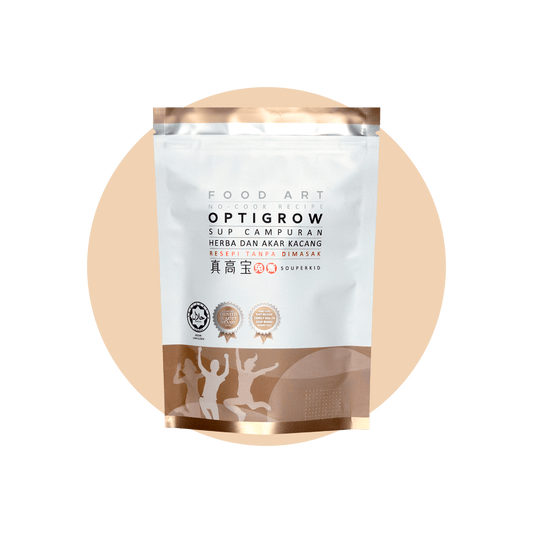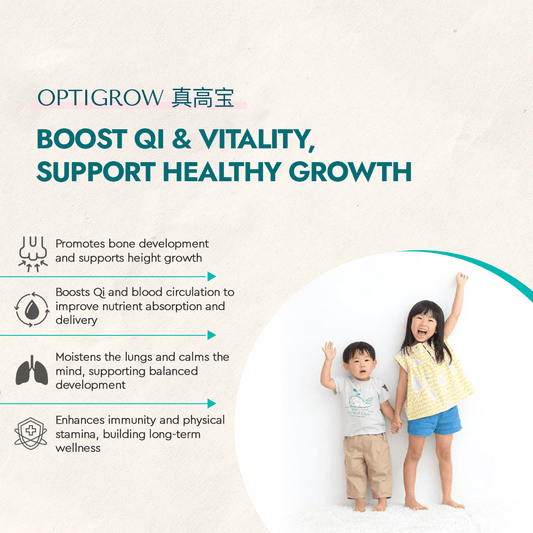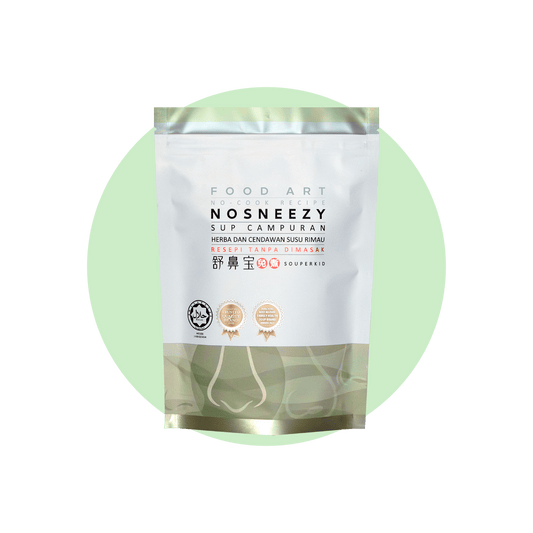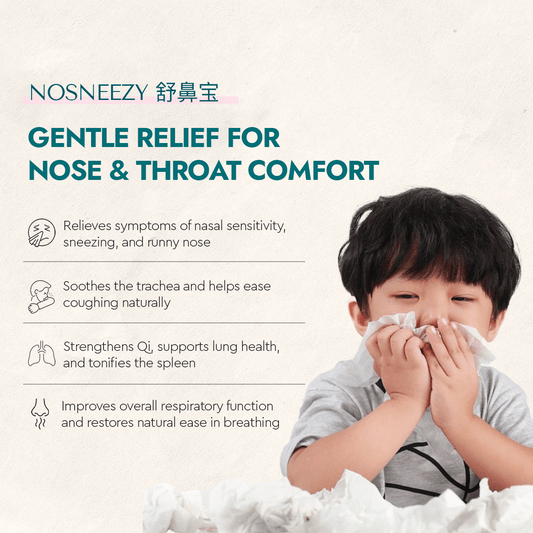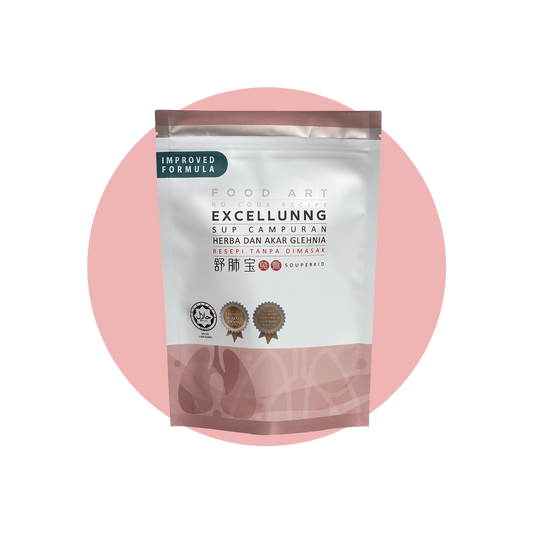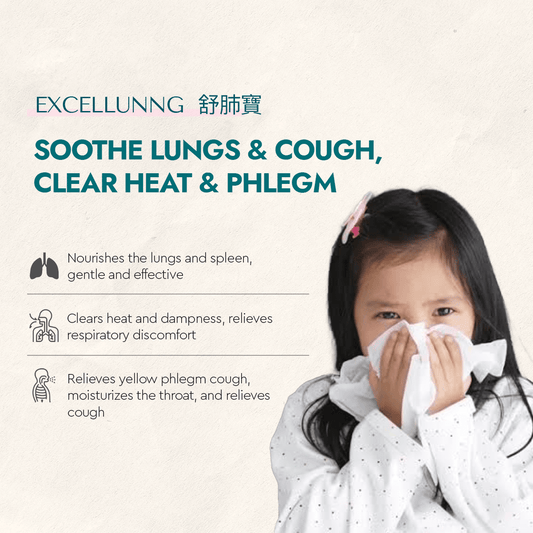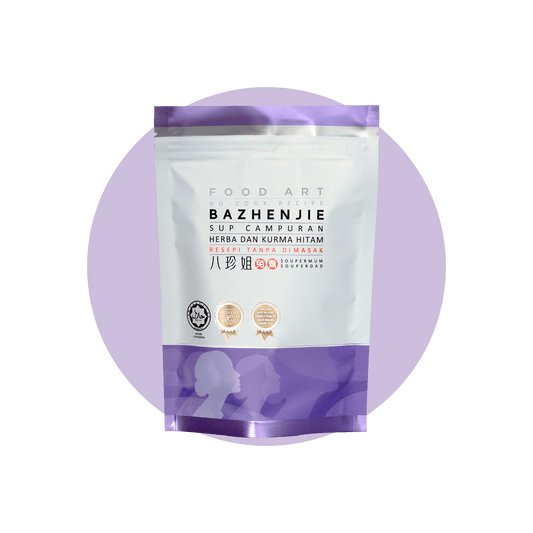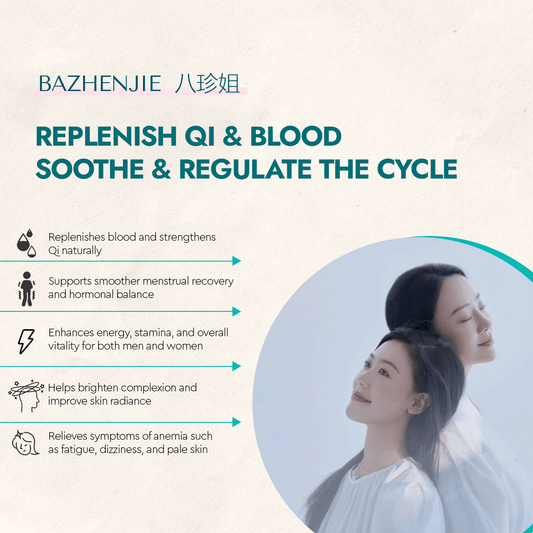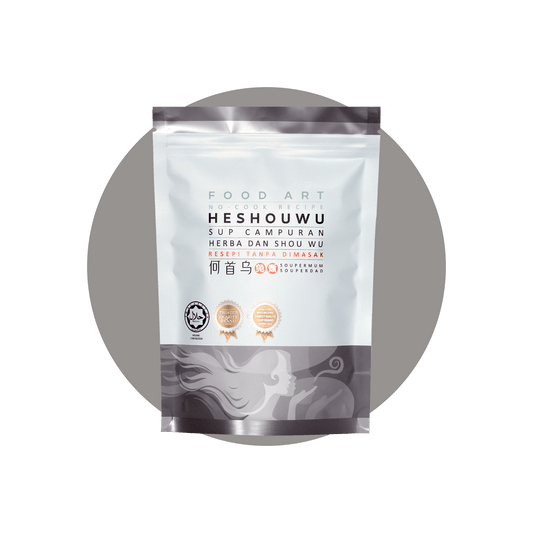
Understanding Nose Allergies in Southeast Asian Children: Causes and Remedies
Living in Southeast Asia offers a multitude of experiences - vibrant cultures, delectable cuisines, and breathtaking landscapes. However, amidst this beauty, many parents grapple with a common concern: nose allergies in their children. It's not uncommon for kids in this region to suffer from allergies, often manifesting as sneezing, runny noses, and itchy eyes. Understanding the causes and remedies for these allergies is crucial for parents to ensure their children's well-being.
The Culprits Behind Nose Allergies:
Several factors contribute to the prevalence of nose allergies among children in Southeast Asia:
-
Environmental Allergens: The tropical climate prevalent in many parts of Southeast Asia fosters the growth of various allergens such as pollen, mold, and dust mites. These allergens can trigger allergic reactions in sensitive individuals, especially children whose immune systems are still developing.
-
Air Pollution: Rapid urbanization and industrialization in certain parts of Southeast Asia have led to increased air pollution levels. Pollutants like particulate matter and diesel exhaust can exacerbate nasal allergies and respiratory conditions in children.
-
Indoor Allergens: Inadequate ventilation and high humidity levels indoors create favorable conditions for the proliferation of allergens like dust mites and mold. Carpets, upholstered furniture, and bedding can harbor these allergens, triggering allergic reactions in susceptible children.
-
Exposure to Allergenic Foods: Southeast Asian cuisine is rich in flavor and diversity, but certain ingredients commonly used in local dishes, such as shrimp paste, peanuts, and shellfish, can provoke allergic reactions in sensitive individuals.
Symptoms and Impact on Children:
Nose allergies can significantly impact children's quality of life, affecting their physical health, academic performance, and emotional well-being. Common symptoms of nose allergies in children include:
- Persistent sneezing
- Runny or congested nose
- Itchy or watery eyes
- Nasal congestion
- Fatigue and irritability
- Difficulty sleeping
These symptoms can disrupt children's daily activities, impair their concentration in school, and interfere with their ability to socialize and engage in physical activities.
Managing Nose Allergies in Children:
While nose allergies can be challenging to manage, there are several strategies parents can employ to alleviate their children's symptoms and improve their quality of life:
-
Identify Triggers: Work with a healthcare professional to identify specific allergens triggering your child's symptoms. This may involve allergy testing to pinpoint the allergens causing reactions.
-
Minimize Exposure: Take steps to reduce your child's exposure to known allergens. Keep windows closed during high pollen seasons, use air purifiers indoors, and regularly clean and vacuum your home to minimize dust mites and mold.
-
Practice Good Hygiene: Encourage good hygiene practices such as frequent handwashing, especially after outdoor activities. Showering before bedtime can help remove allergens accumulated on the skin and hair.
-
Use Medications: Over-the-counter antihistamines and nasal corticosteroids can help alleviate allergy symptoms in children. However, it's essential to consult a pediatrician before administering any medications to ensure they are safe and appropriate for your child's age and health status.
-
Consider Immunotherapy: In cases of severe or persistent allergies, allergen immunotherapy, commonly known as allergy shots, may be recommended. This treatment involves gradually exposing the child to small doses of the allergen to desensitize their immune system over time.
Nose allergies are a common concern for parents raising children in Southeast Asia, but with proper understanding and management, it's possible to minimize their impact on children's lives. Introducing innovative solutions like NoseWonder, a no-cook soup infused with the powerful medicinal properties of Tiger Milk Mushroom, can provide additional relief for children suffering from allergic symptoms. By identifying triggers, implementing preventive measures, and seeking appropriate medical treatment, parents can help their children enjoy a healthier and happier childhood, free from the burden of persistent allergic symptoms.
